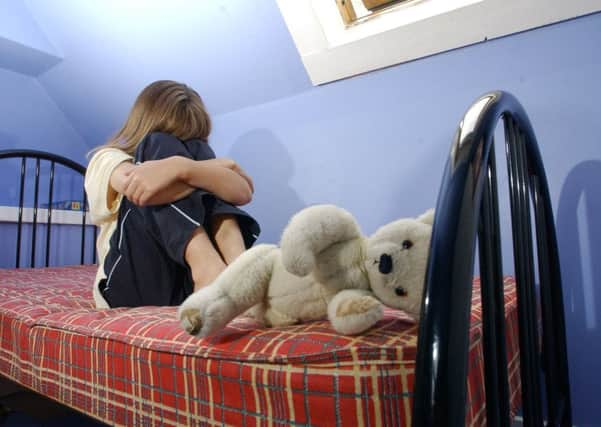David Christopher Hamill: Helping kids stuck in a cycle of abuse and neglect


These issues vary enormously from child to child. It may be physical or emotional neglect by parents who are unable, or unwilling, to prioritise the needs of the youngest and most vulnerable members of their family over their own desires.
This neglect may or may not be the direct result of alcohol or drug addiction. Equally, it may be the consequence of one parent or the other suffering from learning difficulties or mental health issues.
Advertisement
Hide AdAdvertisement
Hide AdIt may arise through financial difficulties caused by an inability to manage money or the difficulty of coping with meagre resources.
Whatever the cause, the outcome is frequently catastrophic for the child. It may result in a toddler wandering unchecked through a cold, sparsely-furnished house, perhaps in a soiled, unchanged nappy, with the parents oblivious to the dangers that are ever-present for a small child in any house, let alone one where drug paraphernalia may be left lying around.
For an older child it may mean going to school unfed, unkempt and dirty. This will inevitably bring social isolation in the school environment and a sense of loneliness and hopelessness because no one wants to be their friend.
Then there is the danger of abuse. Abuse can be physical, sexual or emotional, or possibly a combination of all three.
There is always a public outcry when the worst of such cases, perhaps resulting in the death of a child, reaches the media; but it is important to realise that there are other children who suffer levels of abuse which may be only marginally less than those which are aired in the press or on television.
Extreme physical chastisement, carried out by either parent (more often the father), may result in serious injury, not to mention semi-permanent emotional scarring.
It is often the case that the parents themselves had similar severe discipline when they were children.
Sexual abuse is more often than not carried out by a member of the immediate or extended family, a grandfather or an uncle, for example. It is impossible to overstate the traumatic effect that this has upon a vulnerable child, a child who doesn’t understand what is going on. The child will often feel that they are somehow responsible, that they have deserved it.
Advertisement
Hide AdAdvertisement
Hide AdThe emotional devastation is enormous and the inward pain and distress will remain with the child, frequently for the rest of their lives, making it very difficult for them to establish or maintain healthy relationships in adulthood.
The above represents a few examples of the issues which confront panel members. Panel members are unpaid, but highly-trained volunteers who are motivated by one thing above all others: to try to make decisions which are in the best interests of the child and which will hopefully have a positive effect on the life of that child.
The Children’s Hearings System really can make a difference.
David Christopher Hamill is a Children’s Panel member, East Linton, East Lothian